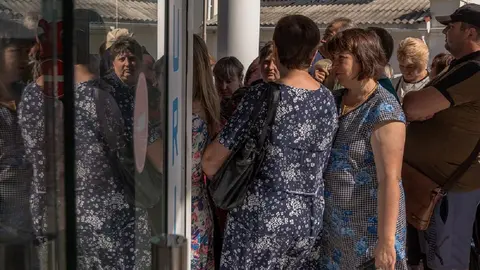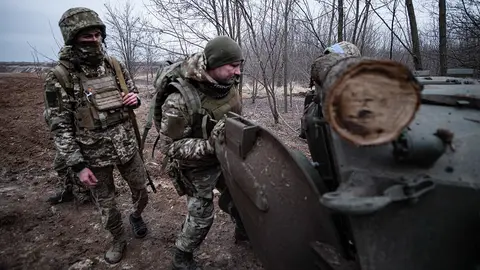Russia has stepped on the gas in Donbas
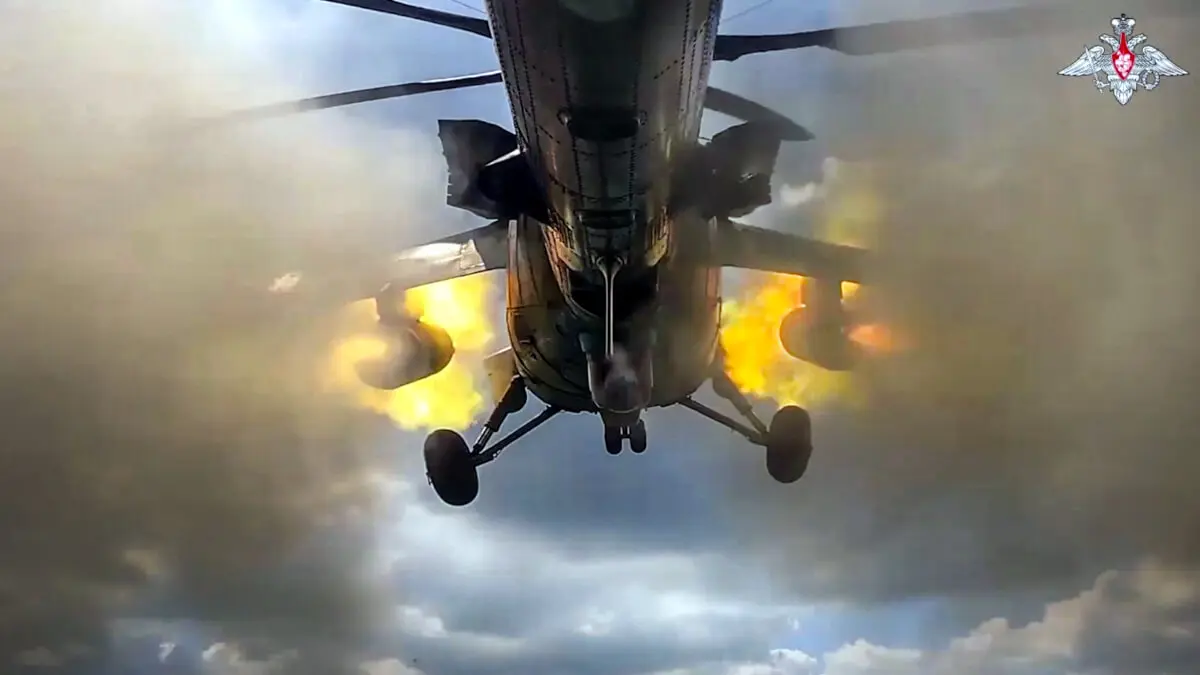
Reporter and journalist María Senovilla, a contributor to Atalayar, analysed from the field the Ukrainian army's control, which has been maintained for the last two weeks in the Russian region of Kursk and has managed to dominate 1,200 square kilometres.
He also looks at Joe Biden's $125 million military aid package, as well as Kamala Harris's commitment to maintaining support for Ukraine and her NATO commitments.
What have you been able to see and experience during your time in Kursk?
It was remarkably interesting to be able to enter Russian territory and see how the Ukrainian offensive was developing. It is extremely complicated to enter. They are letting the press in very slowly because the war there, I have seen, iquite different from what it is like in Ukrainian territory, where they are defending, where they are attacking. It is another tactic and another way of being completely different.
The press is taken to an extremely specific route because the Russian army is counterattacking, as expected, and the shelling, especially with glider bombs and helicopters, is continuous. It is a very unstable situation, extremely dangerous, and they took us to a locality quite close to the Sumy border.
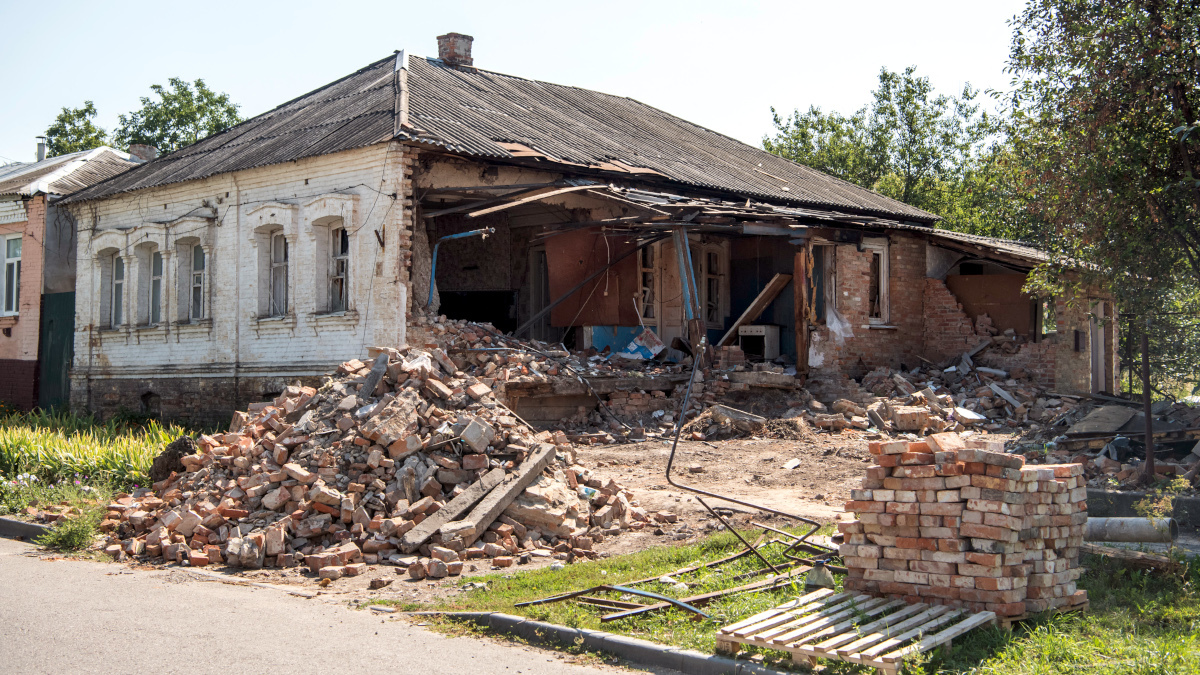
What I could see is that there are many differences between the Ukrainians and the Russians. The first is how they are treating the population. They are facilitating humanitarian corridors so that those who have not yet evacuated and want to evacuate can leave. All the civilians I spoke to - I got to a point where there were almost 70 people waiting to be evacuated - agreed that the army had treated them well. That they had been provided with water, food, a doctor, so that if anyone had any special needs they could be attended to. They were also asking them if any of them had chronic illnesses so that they could get the right medication. The treatment, as I said, is different.
They are also allowing NGOs to enter, both international and local aid NGOs, and they are doing things in accordance with international law, which should also be respected in the territories occupied by Russia, but it is not the case. The main concern of the Ukrainian army now, the press officer who came with us told us, is that the Russians have intensified this bombing campaign, and are bombing their own populations, even though they know that there are still many civilians who have not yet been evacuated. They are making it difficult to make these humanitarian corridors and they are also putting the Ukrainian army in trouble because they do not want them to kill people, even if they are Russians, who are under their control.
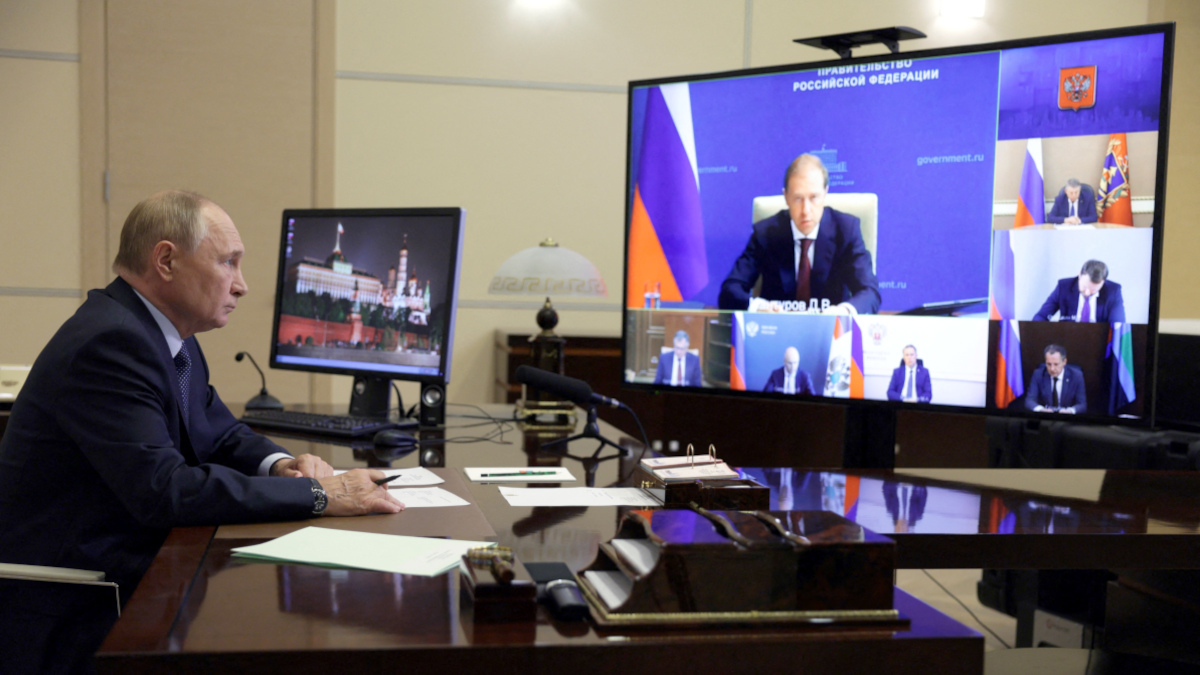
But the morale of the troops has nothing to do with what is happening in the Donbas. The people are excited because, for the first time in a long time, the Ukrainian army is taking the initiative in this war and is not at the expense of the war of positions that was slowly wearing them down and bleeding them dry, and there are high hopes that this move, this war move, will serve to turn the game board of this war around a little.
Maria, the cross for the Ukrainians is the Russian advance in the Donbas.
The Russian advance in the Donbas, which has intensified terribly. This morning the Russian Defence Ministry announced that the town of Niu-York had fallen. Ukrainian forces say no, that fighting is still going on and that it would be, like Toretsk in full battle. But the situation has been deteriorating for the past two weeks.
Russia has stepped on the gas in the Donbas. Part of the Kursk operation, that operation in which Ukraine is invading Russia, one of the objectives was for Russia to relieve some of the pressure in the Donbas because it would have to send troops from that part of the Donbas to the north. But this has not happened. Russia is gathering troops from other positions and in the Donbas, it has stepped up the pace, it has increased the pressure and right now, as I say, the situation is terrible. The soldiers are exhausted.
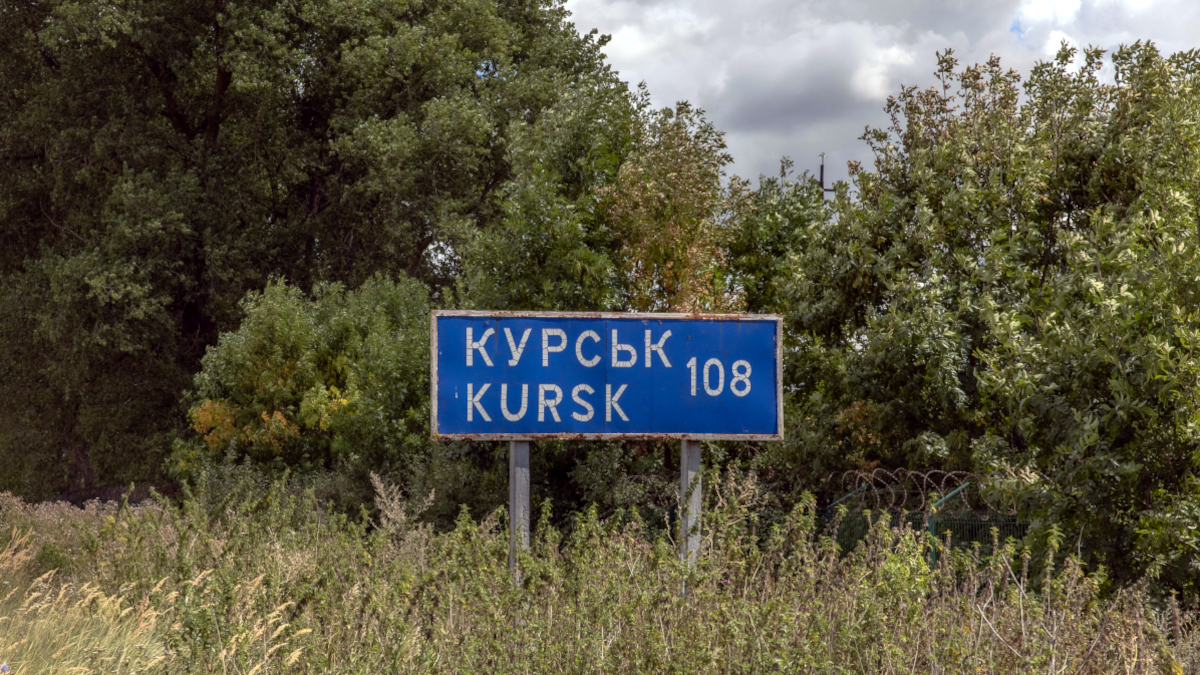
We have been receiving messages for days now to all the citizens of Donetsk, all of Donetsk, all northern Donetsk, which is what remains under the control of Kyiv government, to please evacuate. This includes the localities of Kramatorsk, where I am normally based, Sloviansk, of course Pokrovsk, and the localities of Toretsk and Niu-York, which are already taken over by the Russians. The situation is very delicate.
Very delicate because the advance is intended to counteract what is happening in Kursk, where the Ukrainians have also destroyed three bridges to prevent the Russians from being supplied by land. As you mentioned earlier, the morale of the people, of the fighters in Ukraine, is something else. It has recovered.
It is something else, and not just the fighters. I have been here all this week in Sumy, which is touching the border with Russia, where they are invading Russia right now. And they should be worried because there is an increase in ballistic missile attacks here as well, and because they are remarkably close to a response that Russia is undeniably going to give.
And yet they are not worried. What they tell you is that they would have to do something, that they could not remain permanently installed in this war of positions watching their young people die, because every day the funerals are repeated in all the cities of Ukraine. And despite being so close to this new front that has opened, and even though there is fear, whether you like it or not, they tell you that this is what had to happen and that fortunately something is happening.
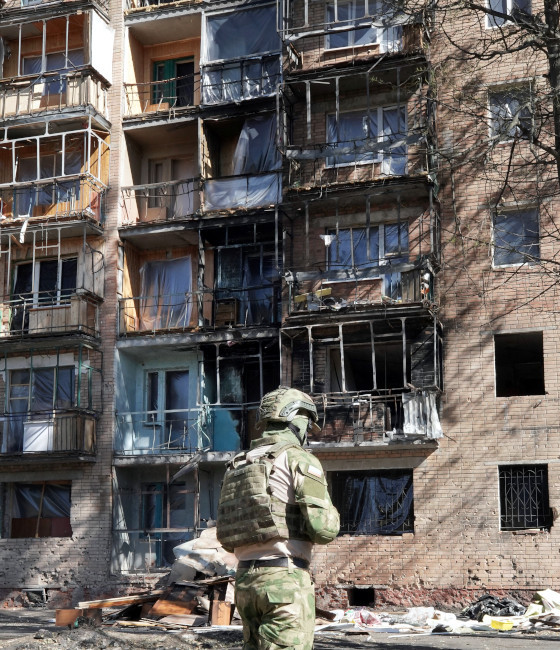
And Maria, Biden announces another aid package, 125 million dollars. Tonight, Kamala Harris, in her speech at the convention, has pledged to maintain support for Ukraine and her commitments to NATO.
And this is a very interesting fact to analyse, because it was being said that perhaps Zelensky was taking advantage of this power vacuum in the United States right now, where they are worried about their autumn elections, to launch this offensive on Russian soil, which was one of the red lines that the West had imposed on Zelensky.
One of those red lines that is gradually being crossed. So, the fact that Biden announced yesterday that he is sending a new military aid package, valued, as you said, at $125 million, and which also includes ammunition for HIMARS missiles, which are the ones that the Ukrainians are using on Russian soil, as well as Javelin. It also includes anti-armour missiles; it is tacit support for what is happening here. In other words, far from being a red line, Kiev's partners are going to support this offensive, even if it is on Russian soil.
Moreover, this military aid package includes something especially important for the Donbas front, which is anti-drone and electronic warfare systems and equipment, which are currently decimating Ukrainian soldiers in Donbas. The war there, as I said, is being fought in a hugely unique way to what I have seen in Kursk. And what the Russian army is doing there is basing all its tactics on drones, both reconnaissance and explosives, which I can assure you have taken over the sky in this part of the front line, making it exceedingly difficult, almost impossible, for the Ukrainians to respond. So, with these anti-drone systems, they give them a little bit of leeway so that they can make a more active defence and change the situation there a little bit.


